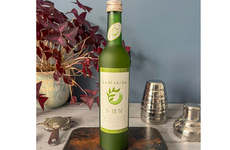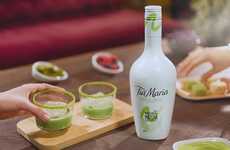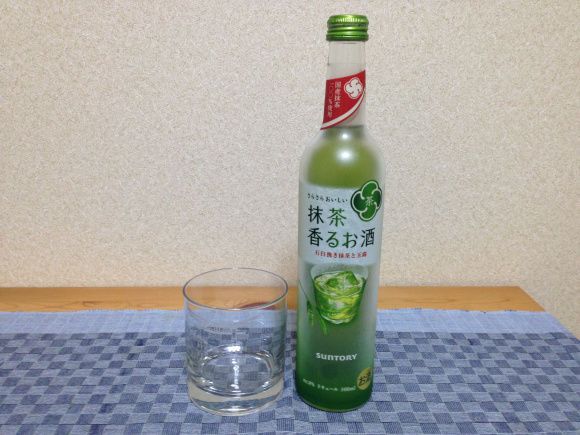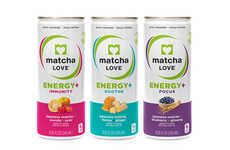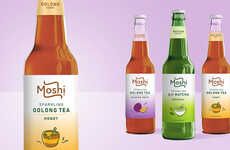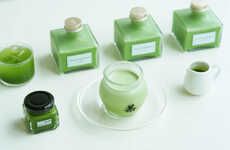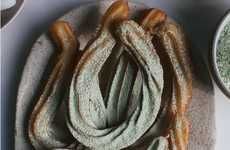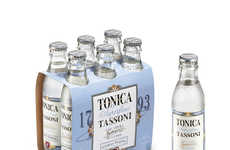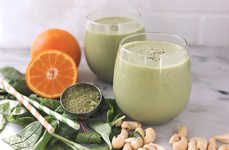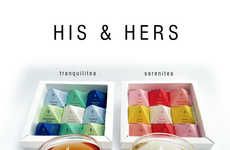
Suntory's Liquor Loosens the Tradition That Green Tea is Steeped In
Laura McQuarrie — April 17, 2015 — Lifestyle
References: suntory & en.rocketnews24
Properly preparing a matcha drink involves a particular set of tools and patience—these are both things that many young adult consumers lack. As a brand that is known for experimenting with unusual flavors, Suntory has just released Matcha Kaoru Osake, which is essentially a liquor made with two kinds of green tea. Now, matcha is part of an entirely different kind of drinking ritual.
Since matcha powder is so highly pigmented, when it is added directly to the alcohol when it is being produced, the liquor takes on a vibrant shade of green. On top of this, the spirit is also steeped in gyokuro tea leaves for additional flavor.
Now that there's a push for the sales of fragrant alcohol in Japanese markets, flavors like these are adventurous, but not too exotic, since consumers are familiar with both products that have been brought together in a new way.
Since matcha powder is so highly pigmented, when it is added directly to the alcohol when it is being produced, the liquor takes on a vibrant shade of green. On top of this, the spirit is also steeped in gyokuro tea leaves for additional flavor.
Now that there's a push for the sales of fragrant alcohol in Japanese markets, flavors like these are adventurous, but not too exotic, since consumers are familiar with both products that have been brought together in a new way.
Trend Themes
1. Alcoholic Matcha Beverages - The trend of incorporating matcha powder into alcoholic beverages creates disruptive innovation opportunities in the traditional beverage industry.
2. Unconventional Flavor Experimentation - As consumers seek unique taste experiences, there is potential for disruptive innovation in the beverage industry through the exploration of unconventional flavor combinations.
3. Convenience Beverages - Convenience-focused alcoholic beverages like Matcha Kaoru Osake tap into a market of young adult consumers who may prioritize ease of preparation over traditional beverage rituals.
Industry Implications
1. Beverage - The alcoholic beverage industry can explore new flavors and convenience-focused products in response to the trend of matcha-infused drinks.
2. Tea - The tea industry has the potential to partner with the alcoholic beverage industry to capitalize on the growing popularity of matcha.
3. Hospitality - Hotels, bars, and restaurants can offer unique alcoholic matcha beverages to attract young adult consumers looking for novel taste experiences and convenient beverage options.
1.4
Score
Popularity
Activity
Freshness


